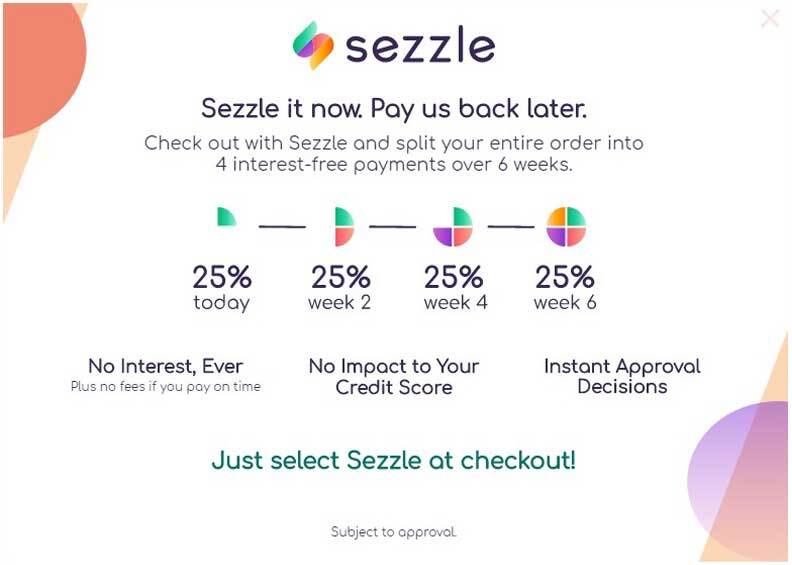Description
Invega (paliperidone) Extended-Release is a prescription medication used to treat schizophrenia in adults and adolescents who are at least 12 years old. It's also used to treat schizoaffective disorder in adults.
| Fact Table |
| Formula |
C23H27FN4O3 |
| License |
EU EMA, US FDA |
| Bioavailability |
28% |
| Legal status |
Rx-only |
| Chemical Name |
Paliperidone |
| Elimination half-life |
23 hours |
| Dosage (Strength) |
3mg, 6mg, 9mg |
| Pregnancy |
Consult Doctor |
| Brands |
Invega |
| Protein binding |
74% |
| PubChem CID |
115237 |
| MedlinePlus |
a607005 |
| ChEBI |
82978 |
| ATC code |
N05AX13 |
| DrugBank |
DB01267 |
| KEGG |
D05339 |
| Routes of administration |
By mouth |
Directions
Invega is available in 1.5 mg, 3 mg, 6 mg, and 9 mg extended-release tablets. Extended-release tablets allow the medication to last in the body for longer periods of time.
Carefully read all the instructions that come with your Invega ER prescription. Talk to your doctor or pharmacist if you have any questions or concerns.
Dosage:
|
Starting Dose
|
Recommended Dose
|
Maximum Dose
|
|
Schizophrenia - Adults
|
6 mg by mouth daily
|
3 mg to 12 mg by mouth daily
|
12 mg by mouth daily
|
|
Schizophrenia - Adolescents weighing less than 51 kg
|
3 mg by mouth daily
|
3 mg to 6 mg by mouth daily
|
6 mg by mouth daily
|
|
Schizophrenia - Adolescents weighing 51 kg or more
|
3 mg by mouth daily
|
3 mg to 12 mg by mouth daily
|
12 mg by mouth daily
|
|
Schizoaffective disorder - Adults
|
6 mg by mouth daily
|
3 mg to 12 mg by mouth daily
|
12 mg by mouth daily
|
Do not cut, crush, or chew the tablets; swallow the tablets whole.
Ingredients
Paliperidone, an atypical antipsychotic, is the active ingredient in each Invega ER tablet. Carnauba wax, cellulose acetate, hydroxyethyl cellulose, propylene glycol, polyethylene glycol, polyethylene oxides, povidone, sodium chloride, stearic acid, butylated hydroxytoluene, hypromellose, titanium dioxide, and iron oxides are the inactive ingredients. Lactose monohydrate and triacetin are also found in the 3 mg tablets.
Contraindications
Do not take Invega ER if you are allergic to paliperidone, risperidone, or to any of the other ingredients or excipients contained in Invega ER.
Cautions
|
WARNING: INCREASED MORTALITY IN ELDERLY PATIENTS WITH DEMENTIA-RELATED PSYCHOSIS
See full prescribing information for complete boxed warning.
Elderly patients with dementia-related psychosis treated with antipsychotic drugs are at an increased risk of death. INVEGA® is not approved for use in patients with dementia-related psychosis.
|
- Before you begin treatment with Invega ER, talk to your doctor about:
- All the medications you take, including any prescription and over-the-counter medications, vitamins, and herbal supplements
- Any allergies you have
- Your medical history and current health problems
- Your pregnancy status or breastfeeding status
- Elderly patients with psychoses associated with dementia are at an increased risk of stroke, heart attack, or other life-threatening cerebrovascular events with the treatment of Invega ER.
- Neuroleptic malignant syndrome can occur with the use of Invega ER. Seek emergency care right away if you develop overactive reflexes, stiff muscles, delirium, irregular pulse or blood pressure, rapid heart rate, sweating, and heart arrhythmias.
- Invega ER can cause QT prolongation in patients who take other QT-prolonging medications or in patients who have risk factors for QT prolongation. Talk to your doctor about your risks.
- Invega ER can cause involuntary movements that may not be reversible.
- Invega ER can cause high blood sugar levels, abnormal lipid levels, and weight gain.
- Invega ER can increase prolactin levels.
- Treatment with Invega ER can increase the risk of gastrointestinal obstruction. Patients with pre-existing conditions that cause gastrointestinal narrowing should avoid taking Invega ER.
- Low blood pressure upon standing and fainting can occur during treatment with Invega ER.
- Because Invega ER can cause low blood pressure, the risk of falls is increased, especially in elderly patients.
- Invega ER can lower the counts of some types of white blood cells, including leukocytes, neutrophils, and granulocytes.
- Invega ER can cause drowsiness, sedation, and dizziness; therefore, you should not drive or operate machinery until you know how Invega ER affects you.
- Invega ER can cause seizures and should be used with caution if you have a history of seizure or other conditions that can cause seizures.
- Invega ER can cause difficulty swallowing or aspiration, which can lead to aspiration pneumonia that can be fatal.
- Invega ER can cause an erection that lasts for a long time.
- Invega ER can affect the body's ability to decrease core body temperature.
Side Effects
Invega ER side effects include extrapyramidal symptoms, rapid heart rate, inability to sit still, drowsiness, tremor, involuntary muscle contractions, cogwheel rigidity, anxiety, weight gain, indigestion, constipation, and nasopharyngitis.
Call your doctor right away if you have side effects that bother you or won't go away.
Reference:
Invega (paliperidone) Extended-Release Tablets. Titusville, NJ: Janssen Pharmaceuticals, Inc.; 2022.
About Dr. Savannah Muncy (Page Author)
Dr. Muncy (PharmD) studied science and education as an undergraduate before attending the Appalachian College of Pharmacy where she completed her PharmD in three years. She is currently using her pharmacy and healthcare expertise to write medical content for clients all around the world. She is focused on delivering the most current, accurate, and engaging information to healthcare professionals and patients. Read More....
IMPORTANT NOTE:
The above information is intended to increase awareness of health information and does not suggest treatment or diagnosis. This information is not a substitute for individual medical attention and should not be construed to indicate that use of the drug is safe, appropriate, or effective for you. See your health care professional for medical advice and treatment.
Product Code : 9755


